"Further drop in inflation in coming months"
Central bank (NBS) Governor Dejan Šoškić has said that year-on-year inflation in February was about five percent, and would drop further in the coming months.
Wednesday, 07.03.2012.
15:43

Central bank (NBS) Governor Dejan Soskic has said that year-on-year inflation in February was about five percent, and would drop further in the coming months. At the Kopaonik Business Forum, Soskic said that in March and April the inflation will stand at the lower bound of the target interval, and it might even go below that level for a short period of time. "Further drop in inflation in coming months" The governor noted that the inflation target for 2012 is 4 +/-1.5 percent and the NBS believes that the prices will stay within bounds. Soskic said that at the end of 2011, the inflation was seven percent, which is above the upper bound of 6 percent, but the prices under state control remained within bounds and the inflation stayed within the target interval. Soskic addressed a news conference later in the day to say that Serbia "must make an effort to keep its budget deficit under control and stop the rise in public debt". If the budget deficit surpasses the allowed limit and the debt continues to grow, the terms of borrowing on the international market could become less favorable for Serbia, he warned. Soskic pointed out that the public debt has already hit the limit defined by the Budget System Law and a solution needs to be found relatively soon to keep it from rising further. Talking about possible savings, the government said that tax reform should not be ruled out, because the state sometimes needs to charge more, not just save. He said the government must find solutions in the coming period which will demonstrate to investors that the country has a development model based on export, and solidity in collecting and spending public funds. Commenting on the changes in the exchange rate, he said there is no reason for instability in the foreign exchange market and added that it must operate on the principles of supply and demand. Asked about the possibility of losing the governorship after the election, he said the ability to recall state representatives and public officials is normal in a democratic system, but there must be procedure and argumentation, adding that he has no problem with the NBS being put under the microscope to examine the legality and success of its work. Dejan Soskic (Tanjug) Export-oriented growth IMF Resident Representative in Belgrade Bogdan Lissovolik said on Wednesday that Serbia should continue to move towards establishing a model of growth based on export, savings, and investments and grasp opportunities entailed in a candidate status for EU membership. Addressing the Kopaonik gathering. Lissovolik said that Serbia has to keep implementing reforms, which should include simple as well as tough measures. In that way, reforms will have even greater effect, he added. The structural reforms carried out so far were insufficient to resolve problems of the Serbian economy, Lissovolik underlined, adding that a proper balance should be struck between public and private sectors. According to Lissovolik, the public sector in Serbia consumes too much, while the private sector still has a rather small share in the overall export and savings. He noted that Serbia should consolidate its public finances by implementing structural fiscal reforms, and that primarily refers to the expenditure side of the budget. Lissovolik stressed that Serbia's public debt is close to the legal limit, and that is not low in comparison to other regional countries, including Hungary and Poland, whose public debts stand at a high level, whereas countries like Romania and Bulgaria have lower public debts. He emphasized that Serbia should carry out the reform of the pension system, because the pension fund has high expenses and therefore a major deficit, and the worker/pensioner ratio is nearly 1:1. Lissovolik noted that the share of pensions in Serbia's gross domestic product (GDP) is among the largest in the region, adding that only in Italy and Ukraine pensions account for even greater part of GDP. Structural reforms to encourage growth Serbia must not suffice with minor steps forward as it needs structural reforms which would encourage export-led economic growth, Head of the World Bank Office in Serbia Loup Brefort said on Wednesday. "I am aware that the implementation of these measures would not be an easy task, but this is the only manner in which progress could be made. Both Serbia and Europe need courageous statesmen," he underlined at the Kopaonik Business Forum. According to Brefort, the reforms of public enterprises should be the core of the post-crisis growth model. Improvements must not necessarily come from privatization, but it is fairly certain that they should stem from depoliticization, better management, transparency, responsibility, and larger productivity, he noted. Brefort pointed out that the key triggers of export and the new model of economic growth in Serbia are innovations, agriculture, energy and industry. According to him, trade should receive a strong impetus, business environment should be promoted, while state subsidies and bureaucracy should be cut down. Brefort recalled that the World Bank has completed a study into a new model of Serbia's export-led growth. Loup Brefort (Tanjug) Tanjug
"Further drop in inflation in coming months"
The governor noted that the inflation target for 2012 is 4 +/-1.5 percent and the NBS believes that the prices will stay within bounds.Šoškić said that at the end of 2011, the inflation was seven percent, which is above the upper bound of 6 percent, but the prices under state control remained within bounds and the inflation stayed within the target interval.
Šoškić addressed a news conference later in the day to say that Serbia "must make an effort to keep its budget deficit under control and stop the rise in public debt".
If the budget deficit surpasses the allowed limit and the debt continues to grow, the terms of borrowing on the international market could become less favorable for Serbia, he warned.
Šoškić pointed out that the public debt has already hit the limit defined by the Budget System Law and a solution needs to be found relatively soon to keep it from rising further.
Talking about possible savings, the government said that tax reform should not be ruled out, because the state sometimes needs to charge more, not just save.
He said the government must find solutions in the coming period which will demonstrate to investors that the country has a development model based on export, and solidity in collecting and spending public funds.
Commenting on the changes in the exchange rate, he said there is no reason for instability in the foreign exchange market and added that it must operate on the principles of supply and demand.
Asked about the possibility of losing the governorship after the election, he said the ability to recall state representatives and public officials is normal in a democratic system, but there must be procedure and argumentation, adding that he has no problem with the NBS being put under the microscope to examine the legality and success of its work.
Export-oriented growth
IMF Resident Representative in Belgrade Bogdan Lissovolik said on Wednesday that Serbia should continue to move towards establishing a model of growth based on export, savings, and investments and grasp opportunities entailed in a candidate status for EU membership.Addressing the Kopaonik gathering. Lissovolik said that Serbia has to keep implementing reforms, which should include simple as well as tough measures. In that way, reforms will have even greater effect, he added.
The structural reforms carried out so far were insufficient to resolve problems of the Serbian economy, Lissovolik underlined, adding that a proper balance should be struck between public and private sectors.
According to Lissovolik, the public sector in Serbia consumes too much, while the private sector still has a rather small share in the overall export and savings.
He noted that Serbia should consolidate its public finances by implementing structural fiscal reforms, and that primarily refers to the expenditure side of the budget.
Lissovolik stressed that Serbia's public debt is close to the legal limit, and that is not low in comparison to other regional countries, including Hungary and Poland, whose public debts stand at a high level, whereas countries like Romania and Bulgaria have lower public debts.
He emphasized that Serbia should carry out the reform of the pension system, because the pension fund has high expenses and therefore a major deficit, and the worker/pensioner ratio is nearly 1:1.
Lissovolik noted that the share of pensions in Serbia's gross domestic product (GDP) is among the largest in the region, adding that only in Italy and Ukraine pensions account for even greater part of GDP.
Structural reforms to encourage growth

"I am aware that the implementation of these measures would not be an easy task, but this is the only manner in which progress could be made. Both Serbia and Europe need courageous statesmen," he underlined at the Kopaonik Business Forum.
According to Brefort, the reforms of public enterprises should be the core of the post-crisis growth model.
Improvements must not necessarily come from privatization, but it is fairly certain that they should stem from depoliticization, better management, transparency, responsibility, and larger productivity, he noted.
Brefort pointed out that the key triggers of export and the new model of economic growth in Serbia are innovations, agriculture, energy and industry.
According to him, trade should receive a strong impetus, business environment should be promoted, while state subsidies and bureaucracy should be cut down.
Brefort recalled that the World Bank has completed a study into a new model of Serbia's export-led growth.


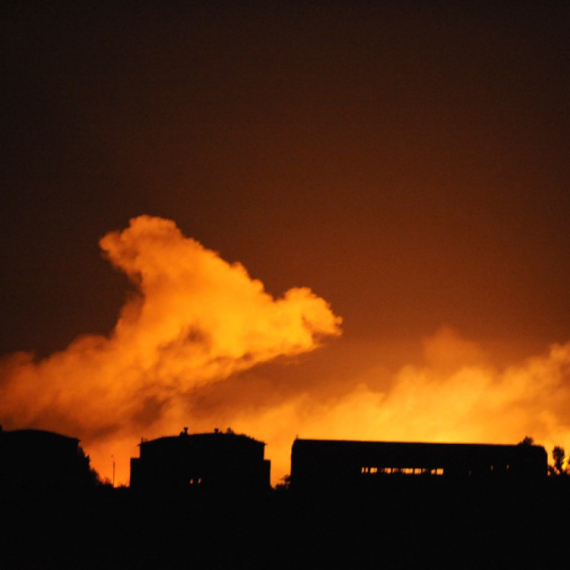











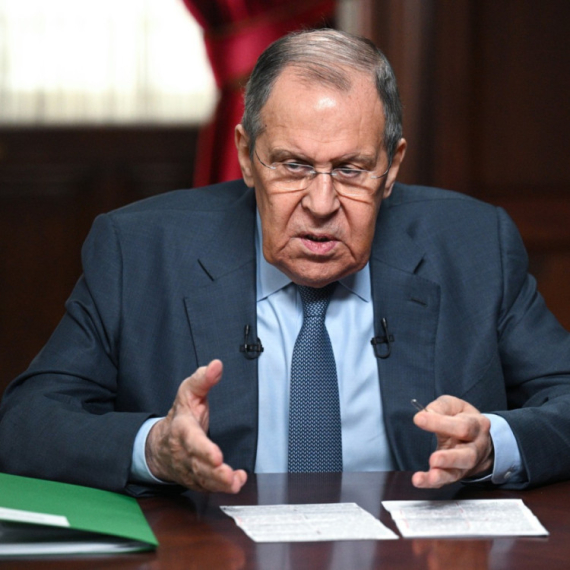
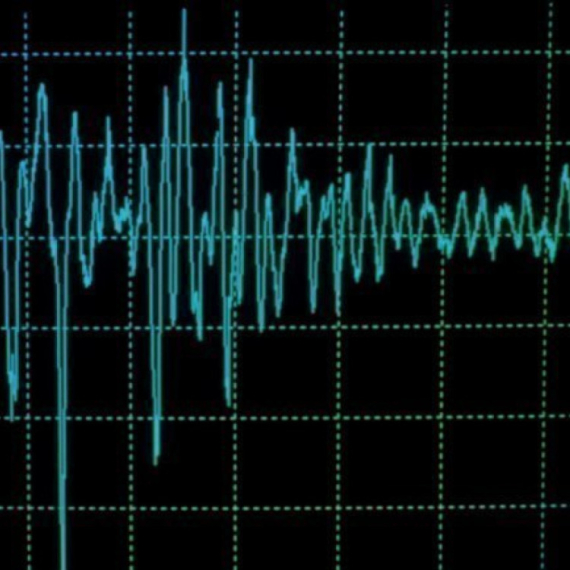
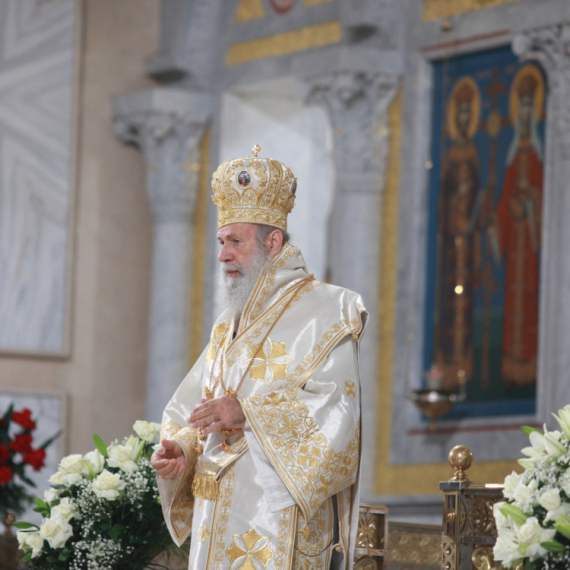






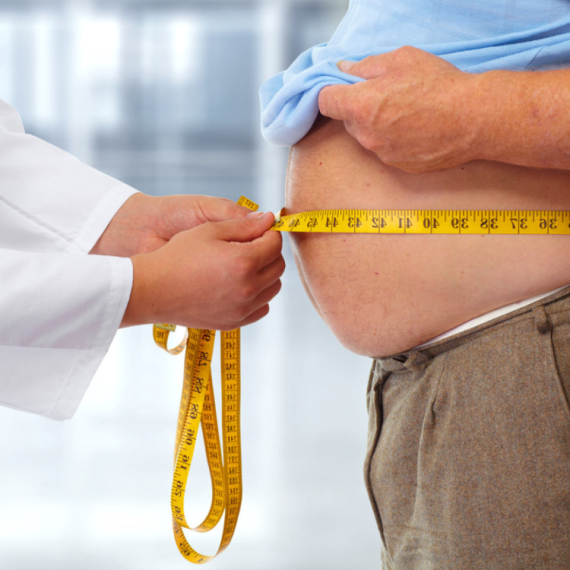





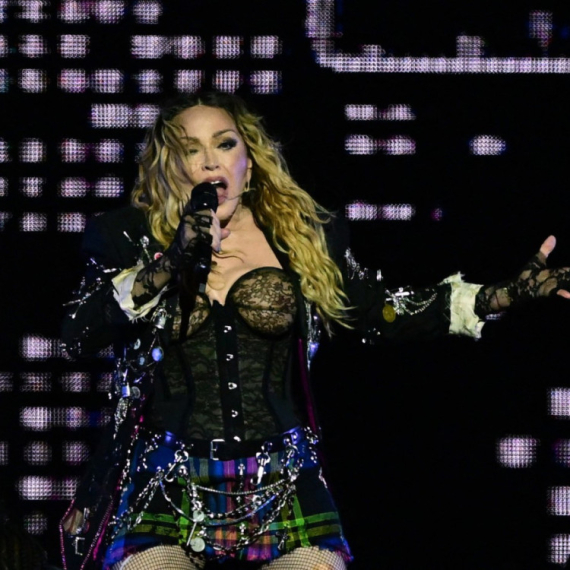











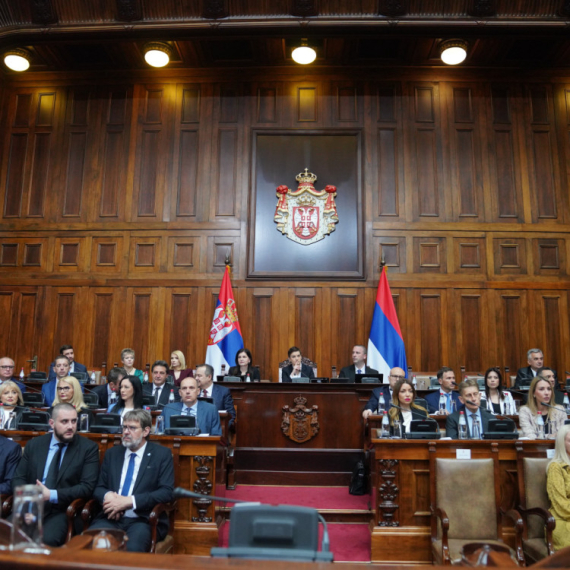













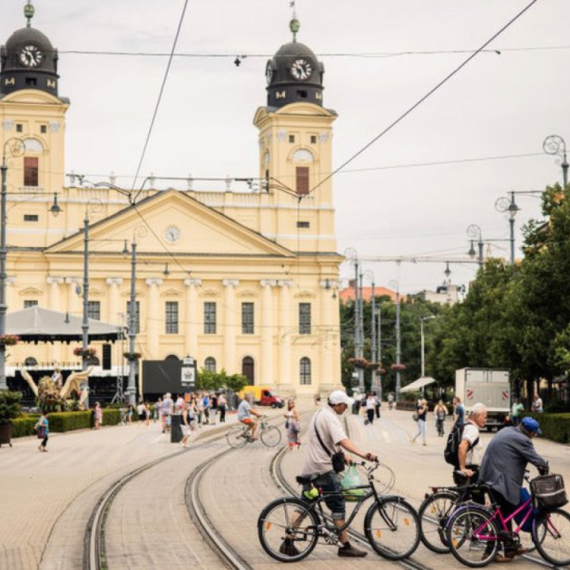
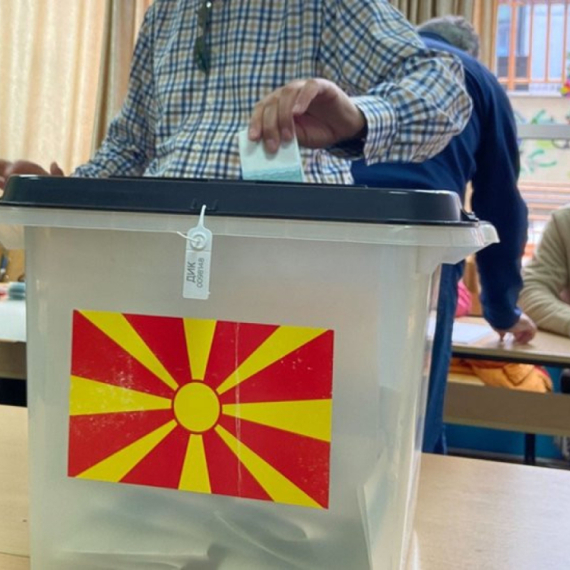

Komentari 2
Pogledaj komentare